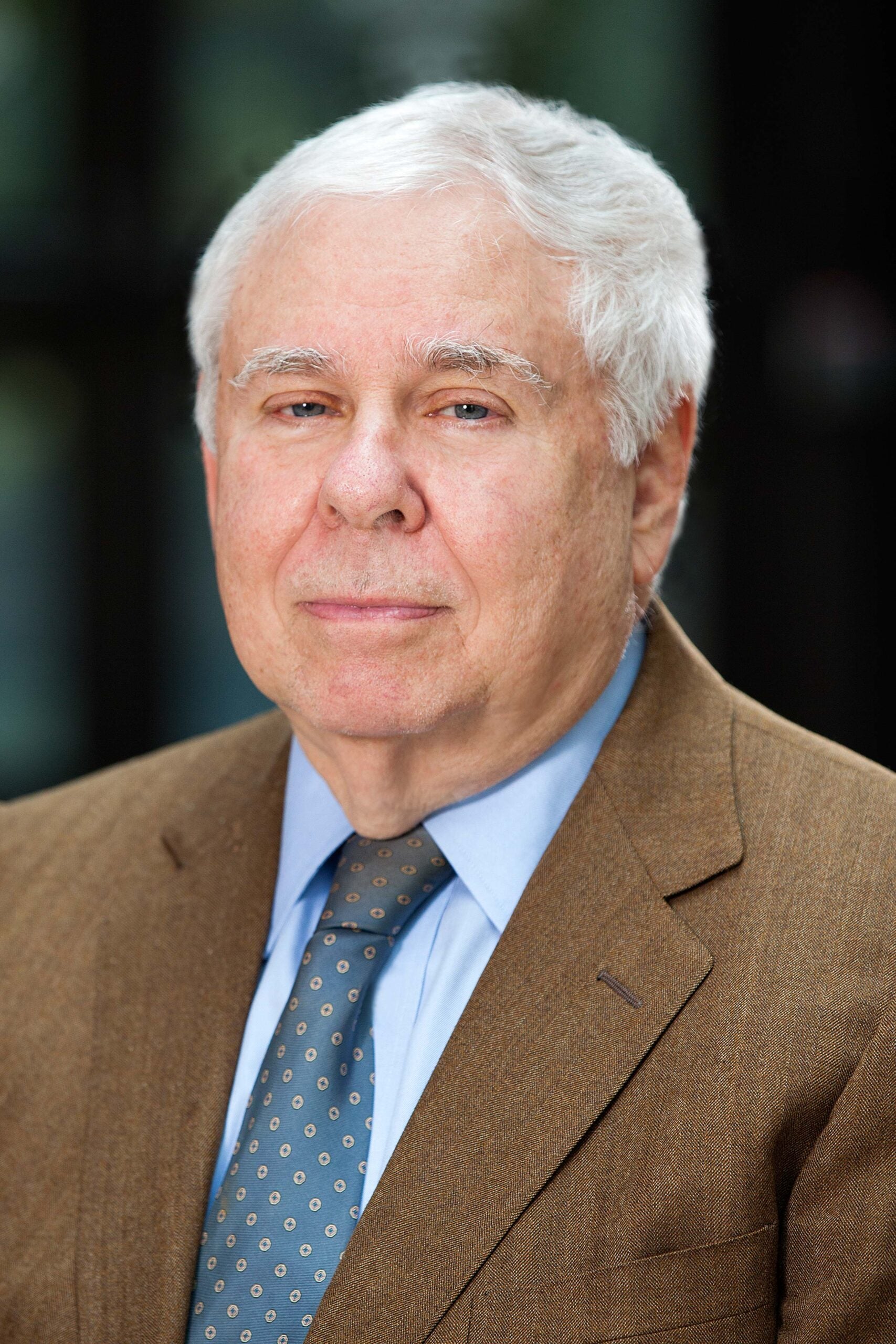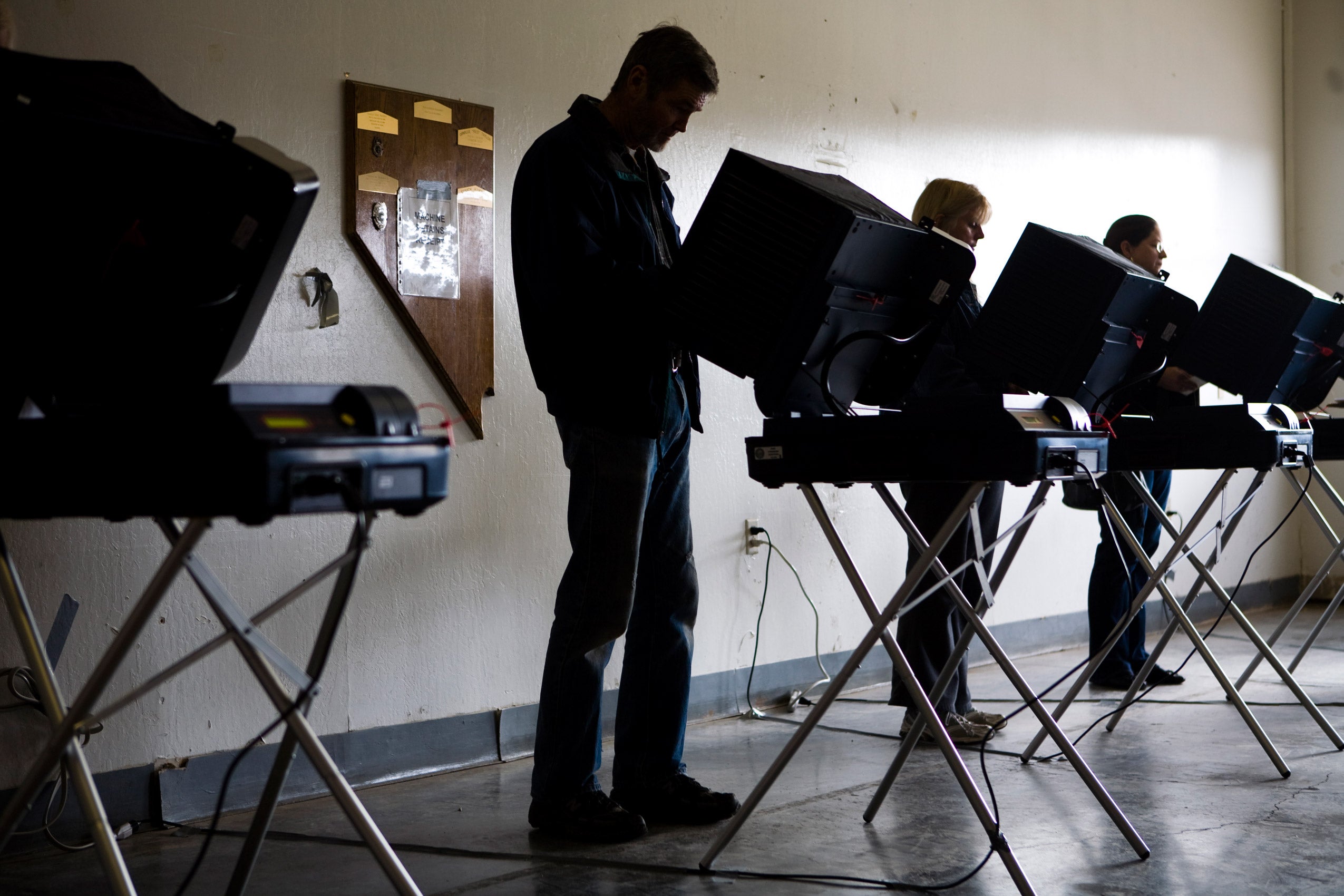
Constitutional Law expert Sanford Levinson focused on the political implications of the Electoral College at Harvard Law School on October 21. He emphasized that the U.S. Electoral College system is unique among the election processes of major countries, which tend towards popular vote models, and he connected it to what he terms “the Constitution of settlement,” the structural provisions of the Constitution that are never litigated and therefore never discussed.
In response to recent criticism and praise of the Electoral College, Levinson highlighted its benefits and the ways in which it influences electoral outcomes, saying, “It is important to look at the way that any constitution rigs the electoral system, if you use rigging as a metaphor not necessarily for unfairness, but for establishing a basic structure, ‘a rigging’ if one thinks of an old-fashioned ship with masts. It makes a difference how many masts there are, and what sails are up and which are down. Rigging may quite literally be a matter of life and death. One is making choices when one constructs an electoral system, and there is no such thing as a perfect electoral system, any more than there is a perfect political society.”
To support his claim that the Electoral College shapes the outcomes of American presidential contests, Levinson cited the 1968 and 1992 elections, when candidates who garnered less than half of the popular vote reached the Oval Office on the strength of their electoral vote totals.
To support his claim that the Electoral College shapes the outcomes of American presidential contests, Levinson cited the 1968 and 1992 elections, when candidates who garnered less than half of the popular vote reached the Oval Office on the strength of their electoral vote totals. From his perspective, “The most important example in American history of this is 1860 and the election of Abraham Lincoln, who got to the Oval Office with 39.8 percent of the popular vote and a majority of the electoral vote, but his election triggered a war . . . through a fatal mixture of the issue of slavery, which might well have triggered a war sooner or later, but also the electoral system . . . that makes electoral votes and not popular votes key.”
Why, then, maintain a system whose historical justifications, according to Levinson, have long receded? He argued that the Electoral College remains intact because of its relationship to exceptionalism and constitutional structures: the “almost insurmountable hurdles to amendment” embedded in the document comprise another exceptional feature of the American Constitution. An amendment to modify the electoral system would require the approval of a supermajority of states. Small states and battleground states hold disproportionate importance under the Electoral College that a popular vote system would eliminate, and, Levinson explained, are therefore unlikely to support any move to reduce their power.
The Electoral College, a product of American exceptionalism and constitutional structures, continues to influence the outcome of national elections by establishing the rules of the game. Ultimately, Levinson said, under the Electoral College system, “it isn’t voters who decide elections. It’s electors who decide elections, and there is a mixed relationship between popular votes and electoral votes.”
Levinson holds the W. St. John Garwood and W. St. John Garwood, Jr. Centennial Chair in Law at the University of Texas Law School and is a visiting professor at HLS this semester. His talk was sponsored by Harvard Law School’s Graduate Program.
